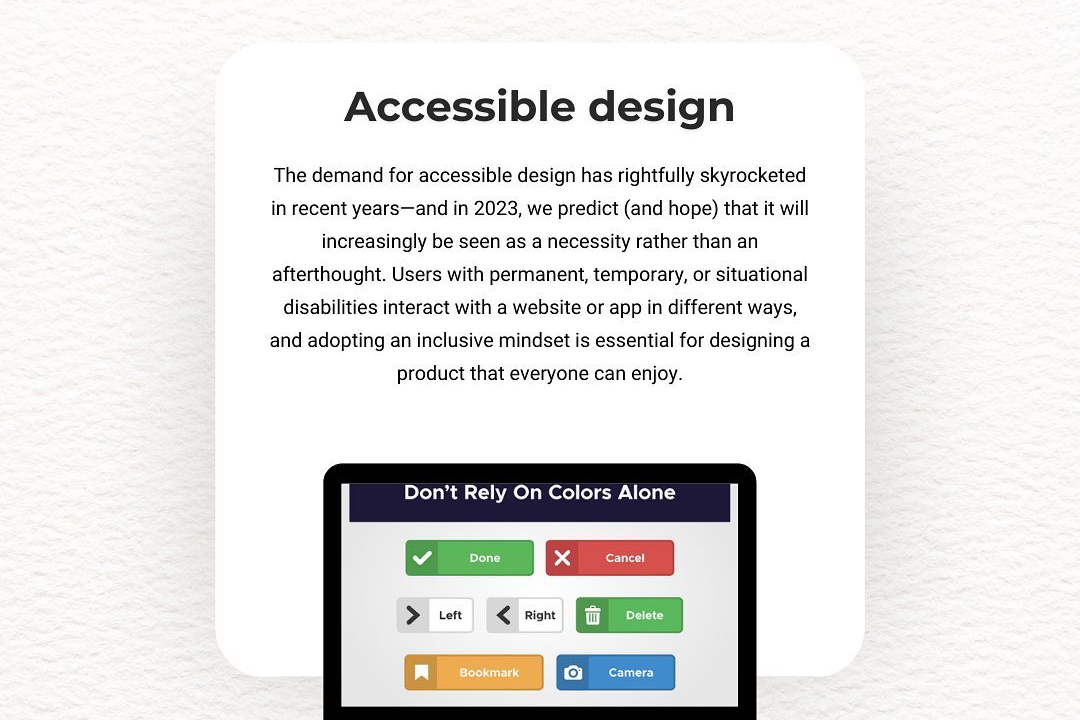iOS App Testing Methodologies
Effective iOS App Testing Strategies
iOS App Testing Methodologies
iOS app testing methodologies encompass a range of approaches aimed at ensuring the functionality, performance, usability, and security of mobile applications developed for Apple devices. Key methodologies include manual testing, where testers interact with the app to identify defects; automated testing, which uses scripts and frameworks like XCTest and Appium to execute test cases efficiently; and unit testing, where individual components are tested in isolation. Additionally, integration testing verifies interactions between different modules, and UI testing focuses on the app's user interface for consistency and responsiveness. Performance testing assesses the app's speed, responsiveness, and resource usage under various conditions, while security testing examines vulnerabilities and data protection measures. Employing these methodologies in a systematic manner helps ensure a high-quality app that meets user expectations and adheres to Apple's guidelines.
To Download Our Brochure: https://www.justacademy.co/download-brochure-for-free
Message us for more information: +91 9987184296
1 - Unit Testing: This method involves testing individual components or functions of the app to ensure they perform as expected. It helps in identifying issues at an early stage of development.
2) UI Testing: UI (User Interface) testing focuses on verifying that the app's interface behaves correctly. It checks both functionality and usability, ensuring that buttons, labels, and other elements perform as intended.
3) Integration Testing: This methodology tests the interaction between different components or modules of the app to ensure they work together correctly. It helps to identify problems that may arise when components are integrated.
4) Functional Testing: Functional testing evaluates the app against specified functional requirements. Test cases are designed to ensure that each function of the app operates according to defined specifications.
5) Performance Testing: This type of testing assesses the app's responsiveness, stability, speed, and scalability under various conditions. It aims to identify potential bottlenecks and optimize the app’s performance.
6) Usability Testing: Usability testing evaluates how user friendly and intuitive the app is. It involves real users performing tasks, providing feedback on their experience, and identifying areas for improvement.
7) Regression Testing: After changes are made to the app (like new features or bug fixes), regression testing ensures that existing functionalities have not been adversely affected. It checks for any new bugs that may have been introduced.
8) Acceptance Testing: This final testing phase verifies whether the app meets business requirements and is ready for release. It is often conducted by the end user or stakeholders to validate the application's suitability.
9) Automated Testing: Involves using scripts and software to automatically execute tests. Automated testing is efficient for repetitive tests and can quickly validate large sets of data, speeding up the testing process.
10) Manual Testing: In contrast to automated testing, manual testing requires a human tester to perform tests on the app. This method is useful for exploratory testing, where human intuition and experience are crucial.
11) Smoke Testing: This preliminary testing checks the basic functionality of the app. It is often done after a new build is produced to determine if the basic functions of the app work well enough for further testing.
12) Security Testing: Security testing focuses on identifying vulnerabilities and threats within the app. It ensures that sensitive data is protected and that the app adheres to security guidelines.
13) Beta Testing: This is a form of external user acceptance testing where a version of the app is released to a limited audience outside the development team. Feedback is gathered to identify bugs or issues before the full public release.
14) Compatibility Testing: This type of testing checks the app's compatibility with various devices, operating systems, and screen sizes, ensuring that it performs well across all supported platforms.
15) Localization Testing: This ensures the app functions correctly in different languages and regions. It verifies that content is properly translated and that cultural preferences are respected.
16) Non Functional Testing: Beyond functional requirements, this type of testing examines aspects such as performance, usability, scalability, and reliability to ensure a comprehensive evaluation of the app’s capabilities.
Each of these methodologies plays a crucial role in the comprehensive testing of iOS applications, and understanding them will provide students with essential knowledge for quality assurance in mobile app development.
Browse our course links : https://www.justacademy.co/all-courses
To Join our FREE DEMO Session: Click Here
Contact Us for more info:
- Message us on Whatsapp: +91 9987184296
- Email id: info@justacademy.co












